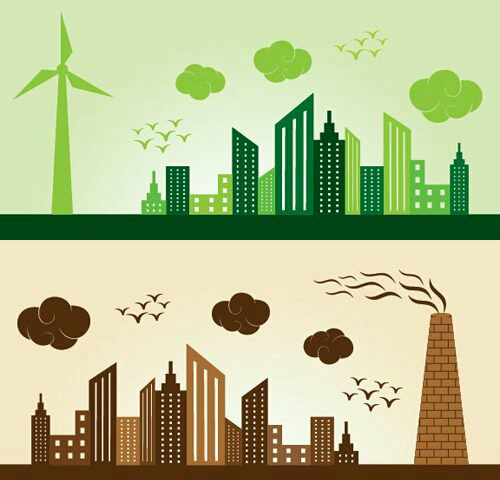Excretion (Life processes)
Excretion :- Excretion is the process of removal of metabolic waste material and other non-
* Organisms like animals have an advanced and specialized system for excretion.
* But plants lack a well-developed excretory system like that in animals.
They do not have special organs for excretion and thus excretion in plants is not so complex.
* In unicellular organisms such as amoeba and bacteria, the waste product is removed
by simple diffusion through the general body surface.Unicellular organisms like amoeba, paramecium excrete excess through tiny
organelles called contractile vacuoles.
* Undigested food in unicellular animals is excreted when the food vacuole merges with
the general body surface and opens to outside.
Excretory System of Humans :-
* The excretory system in humans
includes :-
* a pair of kidneys,
* a pair of ureters,
* a urinary bladder and
urethra.
Kidneys :-
* Paired kidneys are the main
excretory organs of the body.
* They are basically the filtration units of the human body.
* Each kidney is made up many tiny
filtration units called nephrons.
* Kidneys perform crucial functions like:
1. Filtering waste materials,
medications, and toxic substances from the blood.
2. Regulation of osmolarity i.e. fluid
balance of the body.
3. Regulation of ion concentration in
the body.
4. Regulation of pH.
5. Regulation of extracellular fluid
volume.
6. Secreting hormones that help
Nephron :- Nephrons are the structural and functional unit of kidney.
* Each kidney has millions of nephrons and it forms the basic structural and functional
unit of the kidney.
* Each nephron has two parts: Malpighian body and renal tubule.
Malpighian body is made up of cup-like structure called Bowman's capsule which encloses a bunch of capillaries called glomerulus.
* They together filter waste materials along with many useful substances.
Renal tubule has regions called proximal convoluted tubule, Loop of Henle and distal convoluted tubule.
* These regions absorb back useful substances into the blood and also filter remaining waste substances.
Haemodialysis :-
* When the kidneys fail, it results in a lot of complications and to compensate this situation a technology called dialysis has been developed.
* It uses a machine filter called a dialyzer or artificial kidney.
* This is to remove excess water and salt, to balance other electrolytes in the body and remove waste products of metabolism.
*Blood from the body is removed and flowed through a series of tubes made up of a semipermeable membrane.
Excretion in Plants :-
* The cellular respiration, photosynthesis, and other metabolic reactions produce a lot of excretory products in plants.
* Carbon dioxide, excess water produced during respiration and nitrogenous compounds produced during protein metabolism are the major excretory products in plants.
Plants produce two gaseous waste products i.e. oxygen during photosynthesis and carbon dioxide during respiration.
* Excretion of gaseous waste in plants takes place through stomatal pores on leaves.
* Oxygen released during photosynthesis is used for respiration while carbon dioxide
released during respiration is used for photosynthesis.
* Excess water is excreted by transpiration.
* Organic by-products generated by the plant are stored in different forms in different parts.
* The gums, oils, latex, resins, etc. are some waste products stored in plant parts like barks, stems, leaves, etc.
Eventually, plants shed off these parts.
* Few examples of the excretory products of plants are oil produced from orange, eucalyptus, jasmine, latex from the rubber tree, papaya tree, and gums from acacia.










Comments
Post a Comment